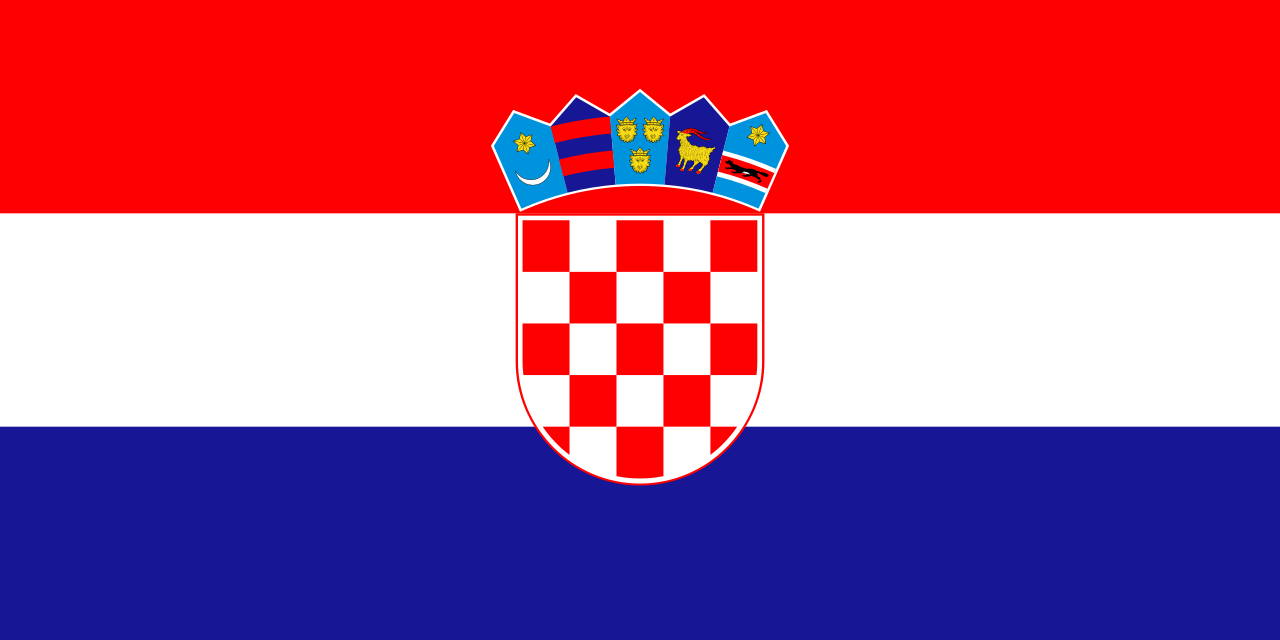
Croatia is a relatively unknown tourist destination and highly underrated. Located on the Adriatic Sea, Croatia will provide you with warm, balmy days in the shade of ancient walled towns alongside crystal clear blue waters.
Located in Eastern Europe, Croatia was ruled by the Republic of Venice for nearly four centuries (1420-1797). By 1858 Croatia became part of the Austrian Empire, until it merged with other nearby territories in 1918 to become Yugoslavia during the First World War. During World War II, it had broken off to form the Independent State of Croatia, in which racial laws and concentration camps were formed. In 1945, with the help of the Soviet Red Army, the resistance movement overthrew the Independent State of Croatia and Croatia became part of the new Socialist Yugoslavia, rebuilt and recovered from World War II, and started developing tourism. By 1991, the country’s economy was completely transformed from an agricultural industry to a modern industrialized state. Also by this time, the Croatian Adriatic coast had started becoming an internationally popular tourist destination. Between 1980 and 1991, Yugoslavia struggled with war which ended with 93% of Croatia’s population voting for independence in 1991. The Croatian War of Independence occurred from 1991-1995, and in 1996 Croatia became a member of the Council of Europe. On July 1, 2013, Croatia joined the EU.
The plus side to continual dislocation is the rich cultural legacy that each occupier left behind. In the old towns you can find influences of Venice’s rule with the narrow cobblestone streets and architecture, Napoleonic forts and Roman columns on Slavic churches, and Viennese mansions next to Socialist Realist sculpture. The architecture tells Croatia’s turbulent, fascinating, and horrifying history.
Croatia is well known for it’s fine food and fresh seafood. Some of the best food in the world can be found in Croatia. Dining is a big part of local culture in Croatia, and homestyle cooking is a feature of family run taverns. Croatian wines and olive oils are making an appearance on the world market.